
Why are we not embracing alternative energies faster?
Why are we not embracing alternative energies faster?
"The Paris Agreement should lead to wider adoption of renewable energy and the economies of scale that will bring down the cost of adoption."
Friday, April 15, 2016
People have burned fuel for heat and light since man discovered fire. Coal, oil and natural gas have since powered incredible industrialisation and development but at the expense of the environment.
Cleaner and more sustainable alternatives are available today, such as wind, solar, hydro and biomass. At a time when nations are looking to balance the Energy Trilemma (the triumvirate of energy security, energy equity and environmental sustainability), alternative energies should theoretically help them satisfy the third prong, environmental sustainability. But in practice, the uptake of alternative energies is slower than it could be. What is impeding the progress?
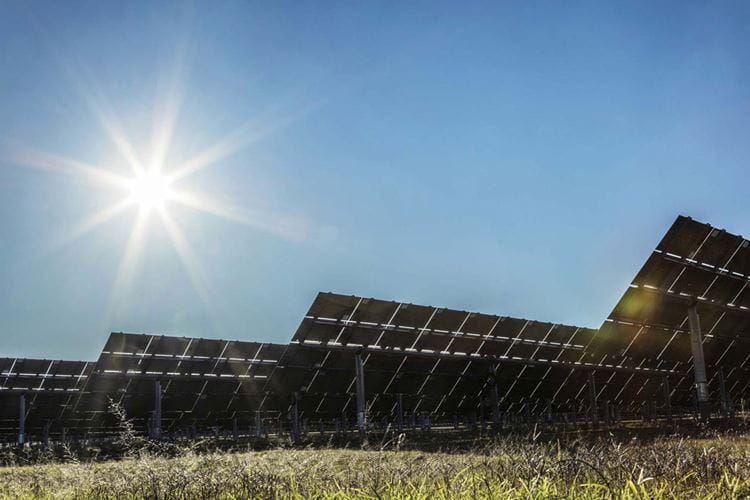
Cost is often cited as a deterrent to industry and consumers adopting alternative energy. Generators using alternative sources are cheap to run but expensive to build and the electricity rates from renewable networks are often higher than from conventional power plants.
This argument appears to make even more sense now that the prices of oil, natural gas and coal are so low but it belies several critical issues: fossil fuels will not stay cheap forever, supplies are finite and the longer-term costs include more pollution, global warming and damage to human health.
Complexity arises while integrating renewable energies with existing energy grids. The grid is often confined to the vicinity of population centres, whereas renewable energy sources tend to be as far as 1,000 miles away. The ownership and regulation of the grid tends to be divided along local or regional lines, so transmitting energy to distant population centres introduces questions regarding ownership.
Reliability of sources such as wind and sunlight is another factor. Wind farms have a well-documented disadvantage of unpredictability, as wind turbines are susceptible to weather conditions and natural elements beyond our control, such as tornadoes and hurricanes. Solar panels also suffer from unreliability as they cannot be used at night and during unfavourable weather conditions.
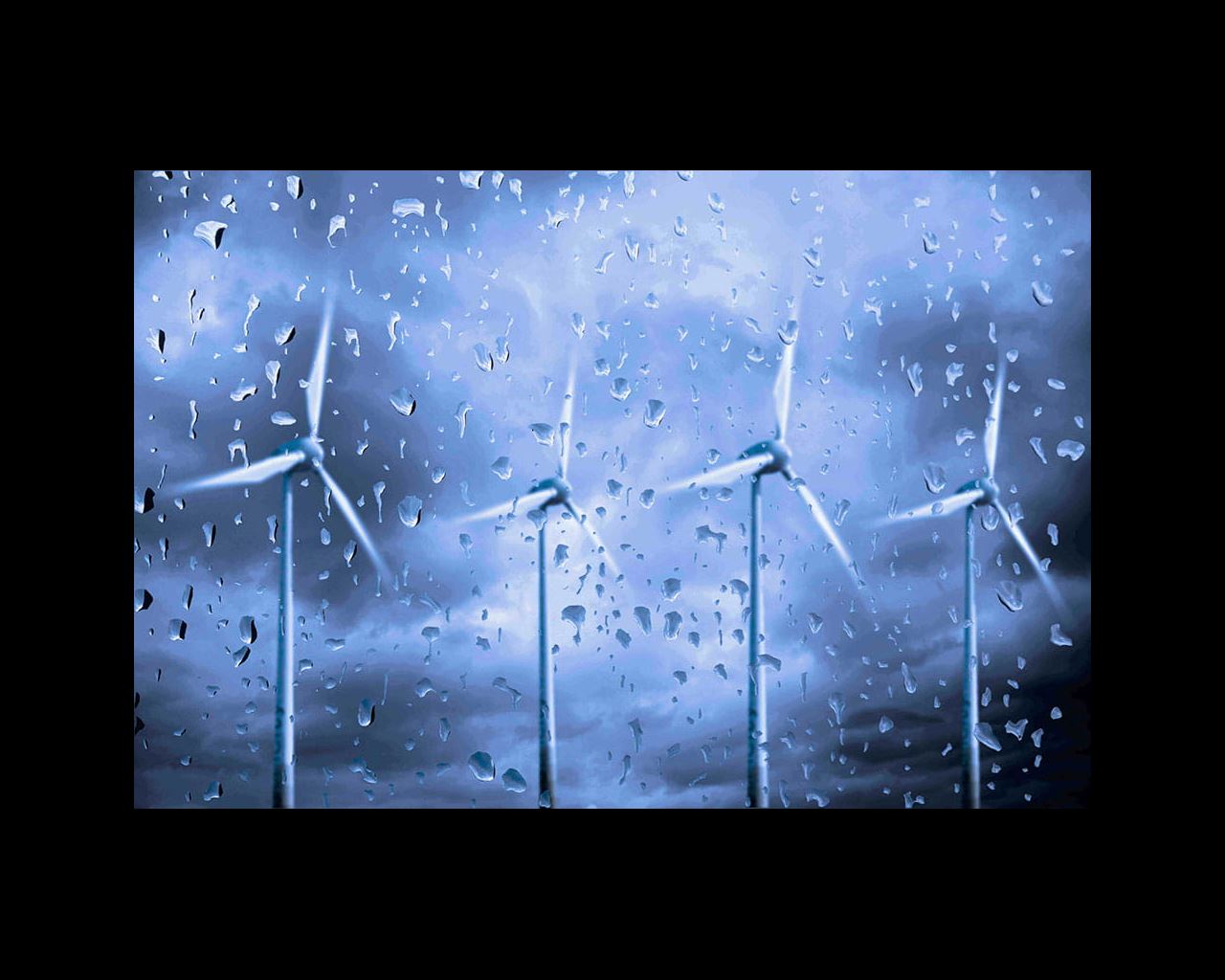
The International Energy Agency (IEA) sees the share of renewables in global electricity generation rising from 2% in 2013 to more than 26% in 2020 as China, India, Brazil and other developing nations diversify their energy mixes. But it also expects the trend to slow down due to policy and market uncertainties in some areas, including Europe and Japan, along with challenges around financing, access and integration in developing countries.
As a result, the IEA said in its Renewable Energy Medium-Term Market Report 2015 that global growth in the sector “is not as fast as it could be and falls short of what’s needed to put renewables on track to meet longer term climate change objectives”.
Making a fast and efficient transition to alternative energy is not always easy. But it can be done with the right expertise.
A case in point was a large UK based utility company that recently expanded its renewable energy production. TÜV SÜD assessed locations for wind installations, evaluated turbines and handled manufacturing supervision and supply chain services during procurement. Also, we were in charge of quality assurance and quality control during construction, along with performance testing and inspections of the entire infrastructure.
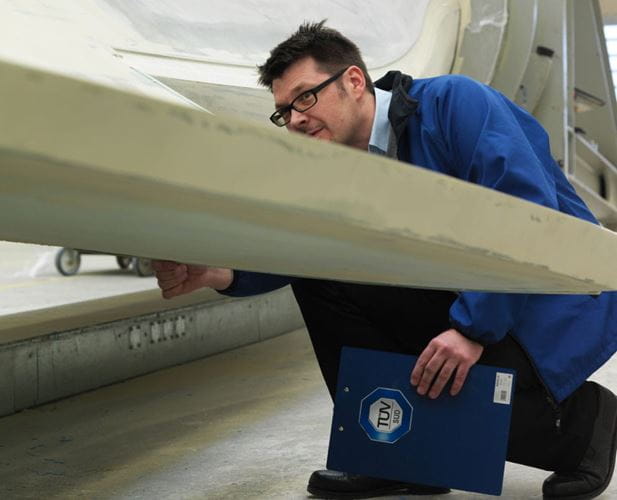
This is just one project that supports the goal of developing clean power and limiting global warming, as agreed at the United Nations Climate Change Conference in Paris late last year, to ease pressure on our environment as the world’s population gets bigger, wealthier and hungrier for energy.
"The Paris Agreement should lead to wider adoption of renewable energy and the economies of scale that will bring down the cost of adoption,” said Dr. Boris Gehring, TÜV SÜD’s Global Head of Power and Systems. “Turning the accord into reality will require political will and progressive policies by governments, changes in how the energy industry views the cost-benefit analysis of fossil fuels and a shift in what consumers know about alternative energy.”
The International Renewable Energy Agency said countries could make good on the promises of the Paris Agreement by ramping up wind and solar power to 36% of the world’s energy mix by 2030. A report by the agency also shows that doubling the share of renewables within 15 years will boost the global economy by up to 1.1% and provide more than 24 million jobs in the renewables sector.
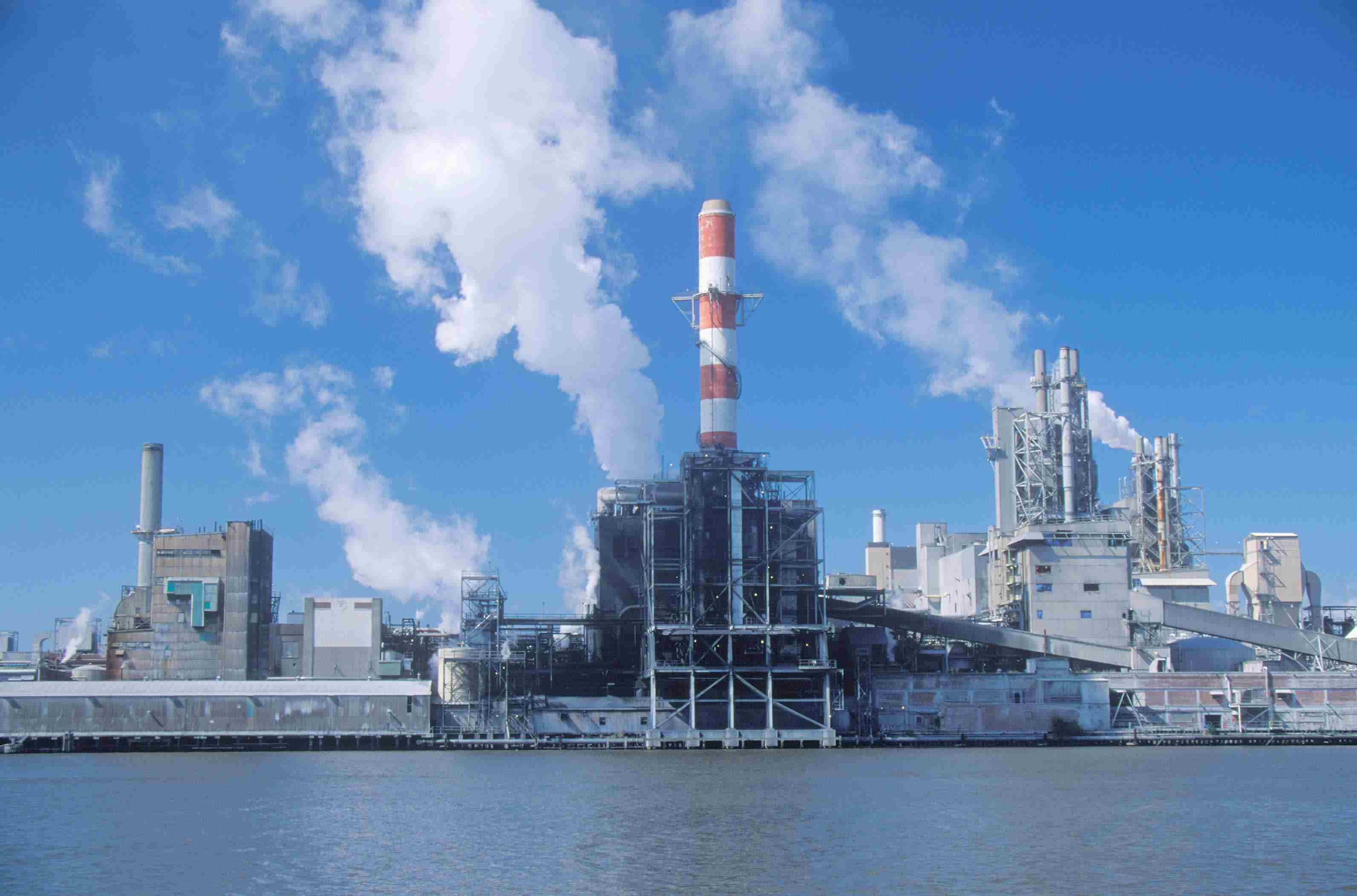
Despite the challenges, change is happening and momentum is building. Notwithstanding the fall in oil prices, investment in clean energy hit a record US$329 billion last year, according to a report by Bloomberg New Energy Finance.
More than 50 of the world’s biggest companies are also doing their part with the RE100 initiative that commits members to sourcing 100% of their electricity from renewables. Google, a RE100 member that aims to triple its renewable energy purchases by 2025, has said “these contracts not only help minimise the environmental impact of our service – they also make good business sense by ensuring good prices.”
To provide a truly viable alternative, energy from renewable sources must be competitive and affordable.
TÜV SÜD believes it is critical to properly evaluate locations for alternative energy installations and to choose the right and latest technologies. It is also very helpful to do a detailed calculation of the amount, costs and availability of the projected energy output so there are no surprises or shortfalls later on.
Quality oversight is essential as components are often made in various parts of the world. The integrity and reliability of these elements must be supervised and documented so they fit and work together seamlessly. Quality control and quality assurance during construction are also crucial to ensure the concrete, materials, equipment and supervision are as good as can be.
For investors of the project, the final acceptance test and performance measurement give the reassurance that they have spent their money wisely in a sector where it can take 10 years to recoup an investment. As the project runs, regular inspections and performance measurements ensure the installation is working optimally with the lowest possible wear.

The challenges of alternative energy are real but so are the benefits. Beyond mitigating environmental damage and climate change, renewables promise greater energy security, sustainable economic development and the creation of high-value jobs. At TÜV SÜD, we champion these goals as we help companies, governments and consumers make the best energy transitions for the good of our planet and generations to come.
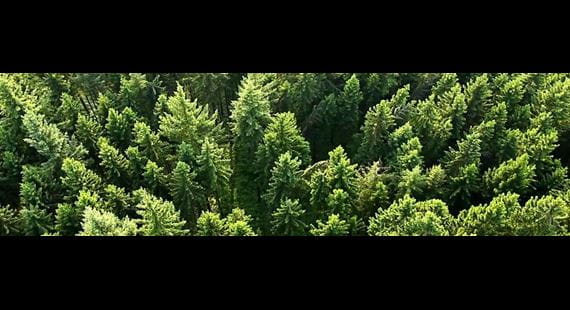
How can we achieve our economic objectives in a sustainable approach?
Learn more
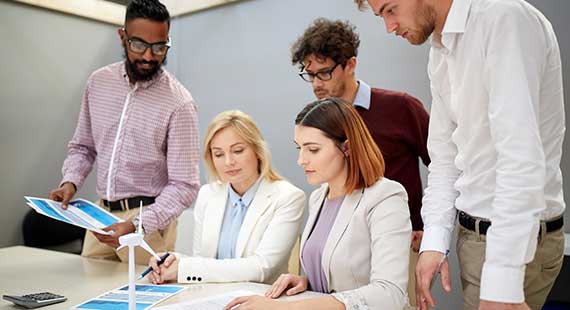
Obtain consent for offshore wind projects effectively.
Learn more
Site Selector
Global
Americas
Asia
Europe
Middle East and Africa